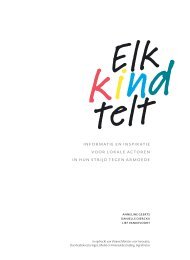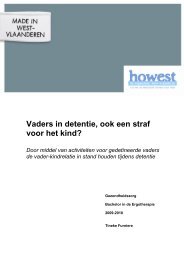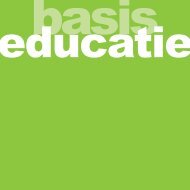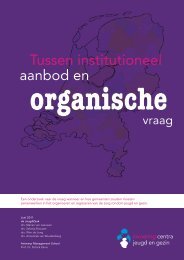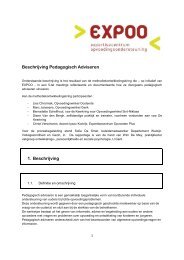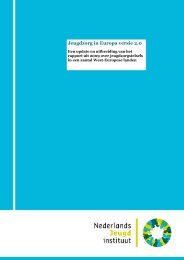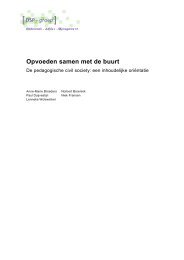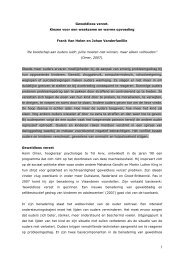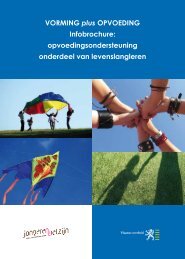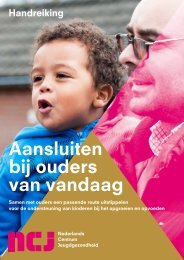Technique Is Not Enough (TINE) - British Psychological Society
Technique Is Not Enough (TINE) - British Psychological Society
Technique Is Not Enough (TINE) - British Psychological Society
- No tags were found...
You also want an ePaper? Increase the reach of your titles
YUMPU automatically turns print PDFs into web optimized ePapers that Google loves.
Positive Parenting Programme (Triple P)We have two current trials evaluating a cutting edge online version of Level 4 Standard Triple P tofurther enhance access to quality parenting support for families who could benefit from parentingprograms but would traditionally not access them. Internet-based parenting support has thepotential to overcome common barriers to programme participation such as logistical difficulties(e.g., transportation, work-schedule conflicts, availability and affordability of child care),insufficient motivation, mistrust in providers due to negative prior experiences, perceived ethnic andcultural barriers, and fear of negative social stigma, and limited availability of traditional face-tofaceprograms outside of major metropolitan areas. Such an online delivery modality has thecapacity to bring evidence-based parenting practices to a broad range of parents by 1) overcomingbarriers to attendance at parenting services, 2) de-stigmatising and normalising parentingassistance, and 3) harnessing the power of video-based modelling, interactivity and personalisation.Consumer surveys also indicate that providing parenting information on a website is consistent withconsumer preferences.Incredible YearsIn our trial we recruited the Sure Start managers and service providers to a steering group thatoversaw the trial and paid particular attention to the recruitment issues, engaging a research HealthVisitor to work with local staff to train them in recruitment strategies that did not imply blame onthe part of parents for their children’s difficulties.andOur trial involves this programme being delivered to parents when their children enrol for nursery orschool. This has two aims, to build a home-school links between parents and teachers and toencourage parents to promote their child’s school readiness through social emotional coaching andencouraging an interest in books.SNAPSNAP in Canada is conducting an RCT at the present time (2011) to investigate early engagementand recruitment enhancement strategies in our gender specific programmes. The mandate of our SNAPCentre for Children Committing Offences (CCCO) at CDI is to work collaboratively with researchers,governments, policy makers, front‐line clinicians, schools, child welfare and other professionals topromote research and inform social policy, offer training, and strategic knowledge dissemination. Thefocus of this is to ensure that communities have at their fingertips evidence‐based programmes andapproaches to prevent at‐risk children (under the age of twelve) from experiencing a life of crime andincarceration.SNAP research which is backed up by the CCCO indicates that those, at admission, are designatedas ‘high risk’ and remain at a clinical level at the end of the initial core programme, move into a subor non- clinical range if they participate in follow up services such as the LIT/peer mentorprogramme.The majority of families referred to these programmes fit the profile of marginalised anddisadvantaged families. Effective engagement and retention is an on-going objective of theprogramme.32 Professional Practice Board



